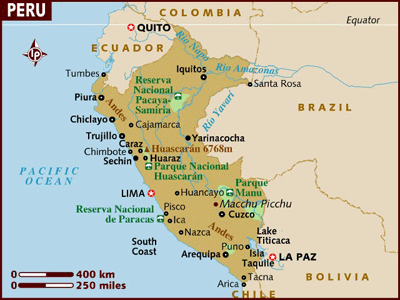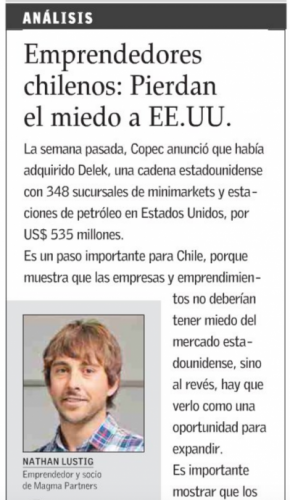The Madison startup scene got big news late week. Madison based game studio PerBlue’s game DragonSoul was acquired by GREE International Entertainment for $35m. Huge congrats to cofounders Justin Beck and Andrew Hanson, along with Forrest Woolworth and team.
In addition to being top notch entrepreneurs, Justin and Forrest have been huge supporters of Madison startups, Forward Fest and were founding members of Capital Entrepreneurs. Forrest continues to lead CE, along with being an integral part of PerBlue. It’s been amazing to see PerBlue grow from a few guys in Justin’s apartment to the amazing company they’ve built today. Thanks for all of your hard work, you guys deserve it!



